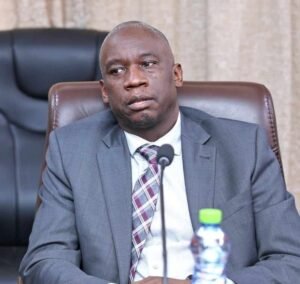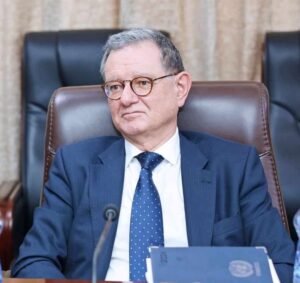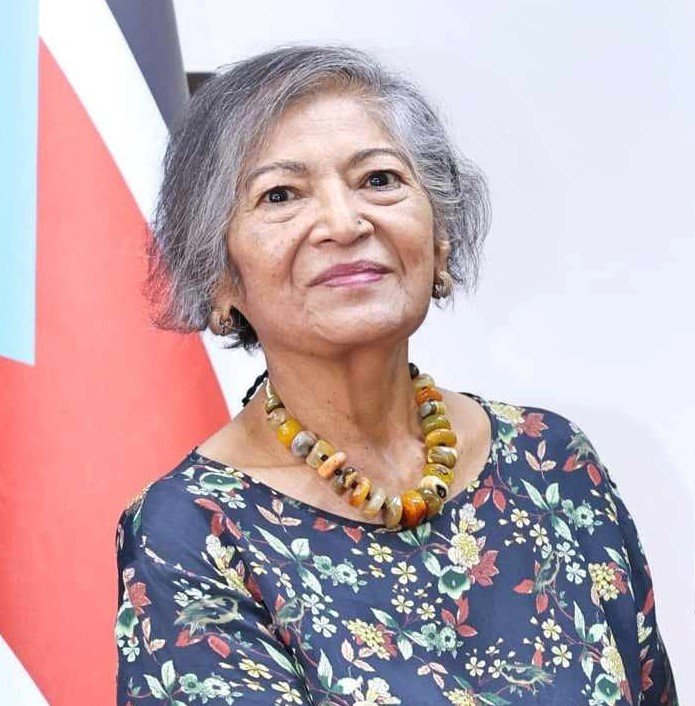By Taban Gabriel
King Media Juba- Officials from the United Nations Commission on Human Rights in South Sudan (UNCH) have urged the president of the Republic, Salva Kiir Mayardit, to send back the National Security bill to parliament to align it with South Sudan’s Human rights obligations.
In a press release on 10th July 2024, the commission argued that the overwhelmingly “Yes’ voted bill will “entrench arbitrary detention and further repression by South Sudan’s National Security Service.”
“If accepted by the president, this amendment to the National Security Service Act would signal that rights violations by this powerful institution are endorsed not just by the rest of the government, but legislatures as well,” said Yasmin Sooka, the chairperson of UNCH.
The UNCH letter also asserted that the bill would bar civic space in the country.
“As South Sudan prepares for its first elections since independence, the citizenry must be able to exercise their civil and political rights without fear of retribution,” a Statement by Barney Afako, the Commissioner at UNCH.

Barney Afako, Commissioner at the United Nations Commission on Human Rights in South Sudan (UNCH)
Section 54 of the controversial 2014 National Security Service Act empowers officers to arrest and detain, without a warrant, any person suspected of committing an offense against the State.
The commission said the offenses cited under the National Security Act are very broad, which may result in many people being arrested and detained for legitimate civic and political activities.
“Although any detainee must be brought before a judge within 24 hours, this rarely happens. Section 55 of the Act empowers officers to arrest after obtaining a warrant, but this provision is rarely used,” the statement reads.
“In a democratic society, intelligence services should not and do not have powers of arrest and detention. The unchecked powers of the National Security Service are yet another manifestation of the lack of rule of law and any judicial oversight,” a statement by another Commissioner, Carlos Castresana Fernandes

Carlos Castresana Fernandes, a Commissioner at the United Nations Commission on Human Rights in South Sudan (UNCH)
“Courts lack independence, are chronically under-resourced, and thus unable to protect citizens against arbitrary detentions. In addition to ensuring the legislation complies with human rights law and constitutional protections, the Government must invest in a credible functioning judiciary.” Carlos added
On 5 February 2024, South Sudan acceded to the International Covenant on Civil and Political Rights, which includes protection from arbitrary arrest and detentions and requires that anyone arrested or detained be brought promptly before a judge.
However, the commission’s letter claimed that the positions were not reflected in the Amendment Bill sent to the Transitional National Legislative Assembly on 28 April 2023
“Nonetheless, the President can return the Bill to legislators for revision within 30 days. It is imperative that he does so, to ensure that South Sudan meets its human rights obligations to prevent further arbitrary arrests and detentions, to avoid further abuses, and to enable accountability regarding the National Security Services,” the statement reads.
on 3 July 2024, during a heated session, a two-thirds majority of legislators passed the Bill, which retains the NSS powers to arrest and detain
The Commission on Human Rights in South Sudan is an independent body mandated by the United Nations Human Rights Council. Since its establishment in March 2016, it has been renewed annually.




2 comments
I came across your site wanting to learn more and you did not disappoint. Keep up the terrific work, and just so you know, I have bookmarked your page to stay in the loop of your future posts. Here is mine at Webemail24 about Data Mining. Have a wonderful day!
Hello Felix,
Thank You
we want to stay truthful.